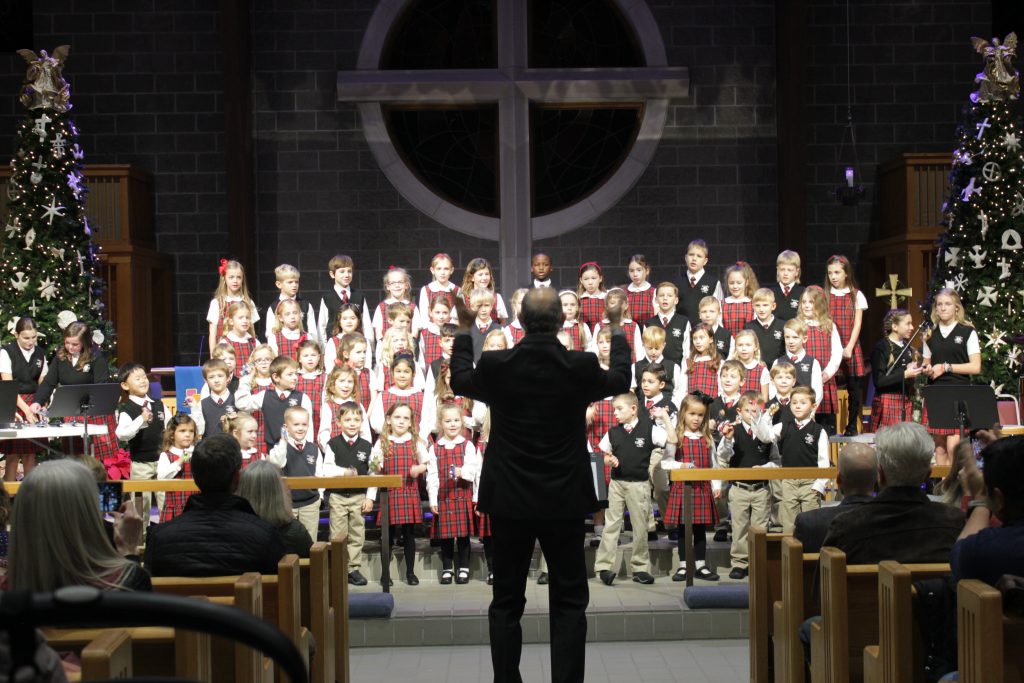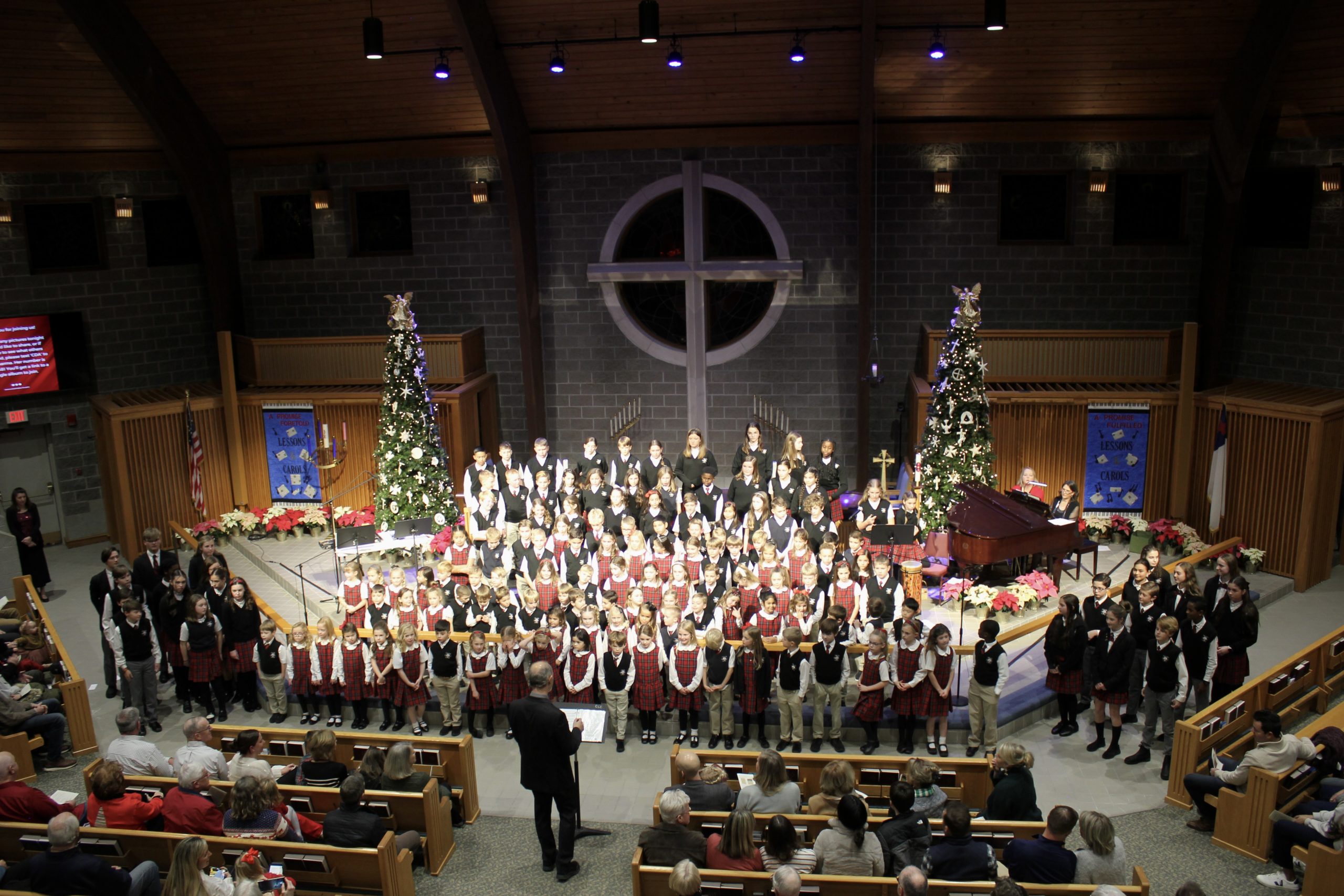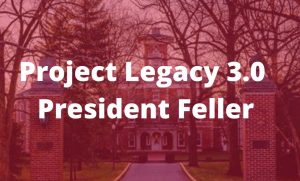Her eyes were closed. A few others were sleeping but not her. She was mouthing the words to “O Come All Ye Faithful” while being transported back to her childhood church. I imagine there to be poinsettias on the floor by the pulpit in this memory. The pastor, in simple black vestments and a white collar, clears his throat before giving his twenty-seventh Christmas sermon. After his sermon, she goes up with the children’s choir to sing the words she was mouthing, “Word of the Father, now in flesh appearing.” She is now nearing the end of her own pilgrimage; but not before the students at Coram Deo had the opportunity to bring to remembrance her living Hope. Her outer self was certainly wasting away, but her inner self was being renewed by the serenade of some of our K-8th grade students. I could see it on her face.
There is a certain kind of stillness that comes over a room when the young sing for the old. It is not merely the absence of noise; it is a stillness charged with remembrance and hope, where time seems to fold in on itself, eternity draws near, and everything that will not last fades away.
At Coram Deo Academy, we want our students to love what lasts. In classical Christian education, there is an emphasis on goodness, beauty, and truth because these things will last. The New Heavens and New Earth will be a beautiful place to live because the One who embodies goodness and truth – Jesus Christ – will be there. Goodness, beauty, and truth are transcendentals because they go beyond anything humans can create in culture. In other words, goodness, beauty, and truth are not human inventions. They are sourced in God who is Goodness, Beauty, and Truth himself.
The three transcendentals can be juxtaposed with what is called the trivium. The trivium – grammar, logic, and rhetoric – is the framework that follows the rightly ordered stages of learning. However, there is also the quadrivium. The quadrivium traditionally follows the trivium and focuses on the mathematical disciplines of arithmetic, astronomy, geometry, and music. At CDA, we integrate the quadrivium at every grade level because like the trivium, the quadrivium is the pursuit of what will last. This is because the Greek word logos not only means word, but it also was understood by the Greeks to be the underlying principle of rational thought. The reason 2+2=4 is because of the logos. The reason why geometry measurements were used to build our houses is because of the logos. The reason music sounds good is because of the logos. The Gospel of John tells us this logos – the underlying principle of rational thought – became a person. And now this Person – Jesus Christ – dwells in our hearts by the Holy Spirit through faith.
This is why music will last and is a part of every classical Christian curriculum. It is a God-given gift for all of creation to reverberate back to God who he is in himself. Scripture says, “The heavens declare the glory of God,” so it’s not surprising that every molecule vibrates and in some sense, makes a sound; every molecule sings praise to God!
The music made by God’s creation is also heard on a macro level as well. The ancients called this musica universalis (the music of the spheres) which understood the discipline of astronomy as interpreting the harmonious action of stars and planets. This idea is proclaimed in the 1901 hymn “This is My Father’s Word” in the line, “This is my Father’s world / And to my listening ears / All nature sings, and round me rings / The music of the spheres.” When vibrations at various frequencies occur to make notes, these notes resonate in our hearts to take us beyond the physical world and into the spiritual realm.
I hope as she lays her head down for her eternal rest, she will remember the songs that carried her through hard times and pointed her to Christ. I hope the Coram Deo students will treasure in their hearts these timeless carols that sing about timeless truths so they, like the old saint in the retirement facility, can sing in their hearts when they are too old to sing with their lips.





